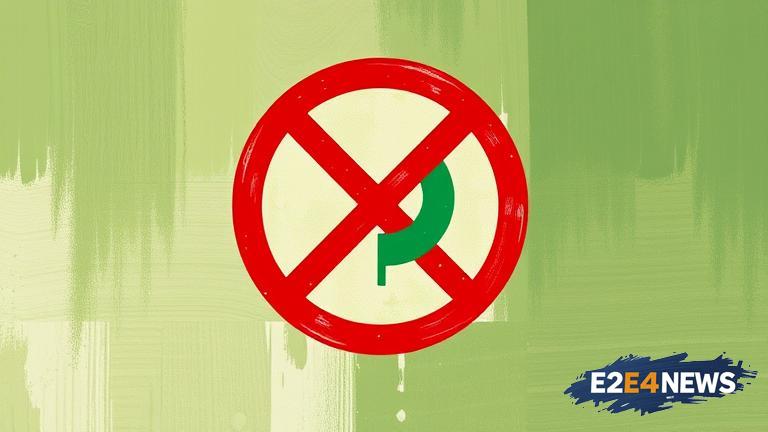In a significant ruling, a German court has prohibited the use of ‘climate neutral’ labels on products, deeming it a form of misleading advertising. The court’s decision is expected to have far-reaching implications for companies that claim their products are environmentally friendly. The lawsuit was brought by a German environmental group, which argued that the ‘climate neutral’ label was being used to deceive consumers. The court agreed, stating that the label was not supported by scientific evidence and was therefore misleading. This decision is a major victory for environmental groups, who have long argued that such labels are often used to greenwash products. The ruling is also expected to impact the advertising industry, as companies will need to be more transparent about their environmental claims. The German court’s decision is part of a growing trend of increased scrutiny of environmental labeling. In recent years, there has been a surge in demand for eco-friendly products, and companies have responded by slapping ‘climate neutral’ and ‘carbon neutral’ labels on their products. However, many of these labels are not supported by scientific evidence, and some have been accused of being nothing more than a marketing ploy. The German court’s ruling is a significant step towards greater transparency and accountability in environmental labeling. The decision is also expected to have implications for international trade, as companies that export products to Germany will need to comply with the new ruling. The European Union has also been cracking down on misleading environmental labeling, and this decision is likely to add momentum to those efforts. Environmental groups have hailed the decision as a major victory, and are calling for similar action to be taken in other countries. The ruling is also expected to impact the way companies approach sustainability and environmental responsibility. As consumers become increasingly environmentally conscious, companies will need to be more transparent about their environmental practices and claims. The German court’s decision is a wake-up call for companies that have been using misleading environmental labeling to sell their products. The ruling is also expected to lead to increased investment in sustainable practices and renewable energy. In the long term, this decision is likely to benefit both the environment and consumers, who will have access to more accurate and reliable information about the products they buy. The German court’s decision is a significant step towards a more sustainable future, and is likely to have far-reaching implications for companies, consumers, and the environment. The ruling is also expected to inspire similar action in other countries, and could mark the beginning of a new era of transparency and accountability in environmental labeling. As the world grapples with the challenges of climate change, this decision is a timely reminder of the importance of honesty and transparency in environmental claims. The German court’s ruling is a major milestone in the fight against greenwashing, and is likely to have a lasting impact on the way companies approach sustainability and environmental responsibility. In conclusion, the German court’s decision to ban ‘climate neutral’ labels is a significant step towards greater transparency and accountability in environmental labeling, and is expected to have far-reaching implications for companies, consumers, and the environment.
